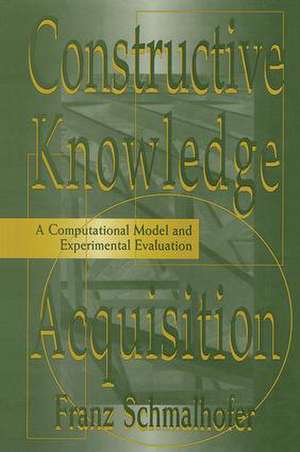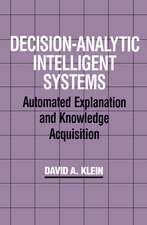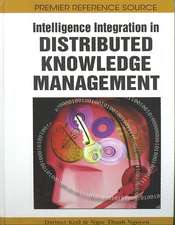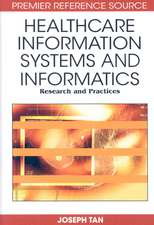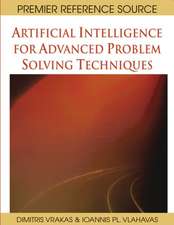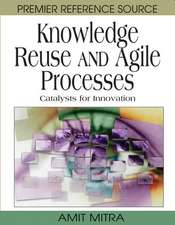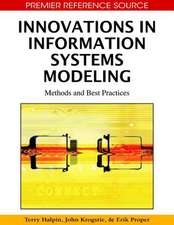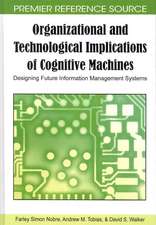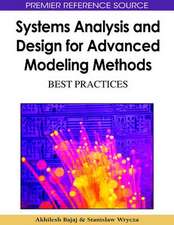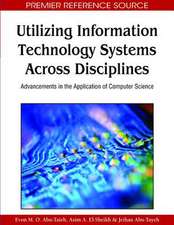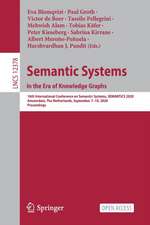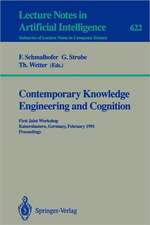Constructive Knowledge Acquisition: A Computational Model and Experimental Evaluation
Autor Franz Schmalhoferen Limba Engleză Paperback – 21 ian 2019
For forty years, computer simulation techniques and experimental psychology research have greatly matured the understanding of human knowledge and its acquisition in different learning environments. This volume critically assesses the advantages and limitations of these approaches and then develops an integrated research methodology. It goes on to provide significant progress concerning the following questions:
* What are the most promising research methodologies for investigating human cognition?
* How can the experimental psychology research on text comprehension, concept formation, and memory become more closely related to one another when the very specialized research paradigms and the highly specific scientific controversies promote their separation and independent discussion?
* How can a general comprehension-based theory bridge the gap between simple experimental settings and the real-life situations that occur in education and work environments?
This book demonstrates how experimental psychology can proceed more successfully by investigating those aspects that are shared among different areas of research like text comprehension, categorization, and learning by exploration. It also shows how unified theories can assist in applying experimental psychology and cognitive science results to areas such as intelligent tutoring systems, instructional design, and the development of expert systems in complex real world domains.
| Toate formatele și edițiile | Preț | Express |
|---|---|---|
| Paperback (1) | 455.30 lei 6-8 săpt. | |
| Taylor & Francis – 21 ian 2019 | 455.30 lei 6-8 săpt. | |
| Hardback (1) | 953.72 lei 6-8 săpt. | |
| Taylor & Francis – noi 1997 | 953.72 lei 6-8 săpt. |
Preț: 455.30 lei
Nou
Puncte Express: 683
Preț estimativ în valută:
87.13€ • 90.63$ • 71.93£
87.13€ • 90.63$ • 71.93£
Carte tipărită la comandă
Livrare economică 14-28 aprilie
Preluare comenzi: 021 569.72.76
Specificații
ISBN-13: 9781138876644
ISBN-10: 113887664X
Pagini: 324
Dimensiuni: 152 x 229 mm
Greutate: 0.44 kg
Ediția:1
Editura: Taylor & Francis
Colecția Routledge
Locul publicării:Oxford, United Kingdom
ISBN-10: 113887664X
Pagini: 324
Dimensiuni: 152 x 229 mm
Greutate: 0.44 kg
Ediția:1
Editura: Taylor & Francis
Colecția Routledge
Locul publicării:Oxford, United Kingdom
Public țintă
ProfessionalCuprins
Contents: Introduction and Overview. Part I: Cognitive Modeling of Learning. Computational Models of Knowledge Acquisition. The Levels Approach Toward Cognitive Modeling. Learning From Text. Integration With the Acquisition of Knowledge From Cases. Unified Model of Knowledge Acquisition and Experimental Predictions. Part II: Experimental Evaluation. The Influence of Different Learning Goals. The Acquisition of Equivalent Knowledge From Different Types of Study Materials. Material Transformation. The Effect of Prior Knowledge On the Learning From Different Types of Materials. An Experimental Comparison of the Integrated Knowledge Acquisition and the Example Dominance Hypotheses. Part III: Application, Discussion, and Prospects. Instructional Technology and Expert Systems. General Discussion, Conclusions, and Future Directions.
Recenzii
"This well-written and scholarly monograph stems from the tradition of Allen Newell's approach for developing a unified theory of cognition....Although the development of the author's model is the primary goal of the book, the discussion of the work of other researchers is balanced and insightful."
—Journal of Mathematical Psychology
—Journal of Mathematical Psychology
Descriere
This volume, which describes the development and experimental testing of a model of how knowledge is acquired (using LISP programming as the domain of interest), will be of value to all cognitive scientists, AI researchers, and cognitive psychologists.
